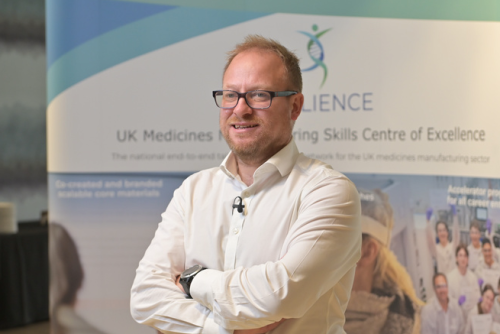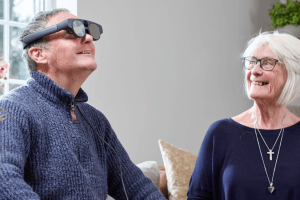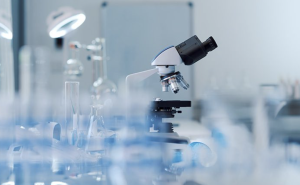Birmingham becomes home to £4.5m medicines manufacturing hub

The University of Birmingham has been named as a base for the UK’s first Medicines Manufacturing Skills Centre of Excellence, to address the skills shortage in the industry.
The £4.5m two-year initiative known as Resilience, will create and deliver new training courses for the industry, NHS and educational institutions. Programmes will focus on key sector priorities, including digital technology, artificial intelligence, data analysis and environmental sustainability.
Partner organisations across the UK delivering the programme include University College London (UCL), Heriot-Watt University, Teesside University, and Britest Ltd.
Resilience will use virtual reality technology to provide vital training in laboratory skills and support the NHS’ net-zero goal to decrease emissions from its supply chain.
The programme has been funded by the Office for Life Sciences, part of the UK Government’s Department for Science, Innovation & Technology, and will be managed by Innovate UK.
150 schools, colleges and further education centres across the UK will engage with Resilience, with young people able to participate in STEM festivals and secure laboratory placements.
The Minister of State for Science, Research and Innovation, Lord Patrick Vallance said: “With over £108 billion turnover, as a provider of over 300,000 jobs nationwide, and as a source of treatments helping tackle some of the most debilitating diseases, the life sciences sector is one of the UK’s true industrial champions.
“Our medicines manufacturers’ work is critical to the economic success, and health, of the nation. For them to keep being successful, it is imperative that we help them bridge the industry’s skills gaps.
“This new Centre of Excellence will be an important part of those efforts – bringing industry, universities and the NHS together with schools and colleges to ignite the next generation of life sciences talent.”
Professor Ivan Wall, co-director of Resilience added: “The use of VR technology will be central to the project, helping young people safely learn skills that it would be impractical to gain in the real world due to logistics and capacity.
“It will also help the NHS to meet its long-term goal of achieving net zero. 25% of their emissions are in the supply chain, and VR will help the industry deliver net zero medicines manufacturing.”









